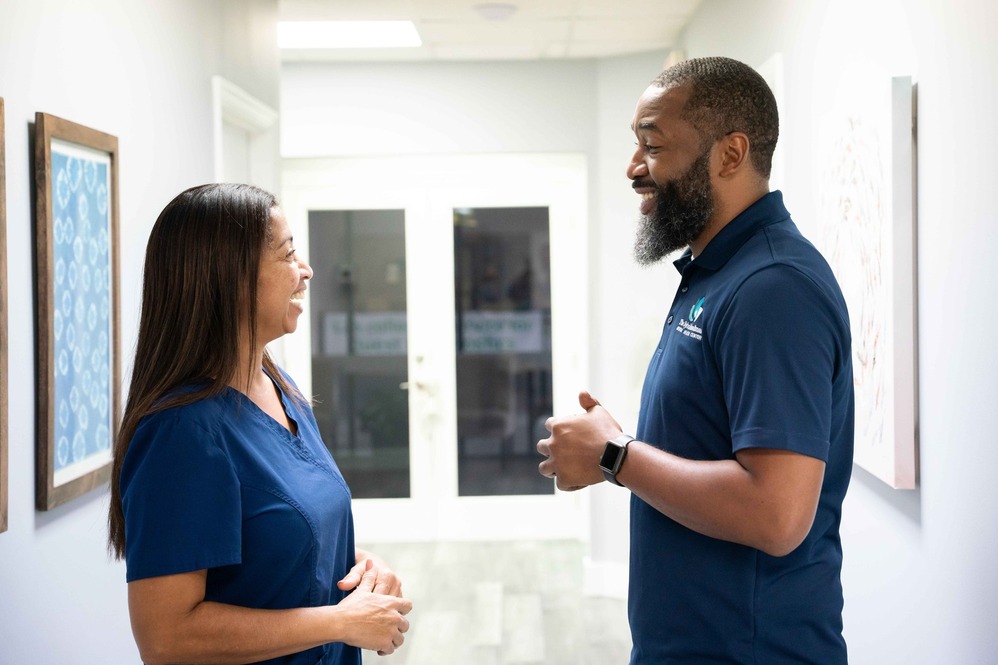Does Insurance Pay For Mental Health Treatment in Georgia?
Yes, most insurance companies will offer some level of coverage for mental health treatment and behavioral therapy in the State of Georgia. The level of financial support offered will vary based on several factors, including your diagnosis, whether your provider is in-network, and the specific details of your policy.
The best way to discover the level of support your insurance will offer is to understand the ins and outs of your policy. You can do this by contacting your insurance company directly or reaching out to us to check your insurance.
Who is Eligible for Mental Health Treatment in Georgia?
You may be wondering how to get into therapy in Georgia. Anyone is eligible to seek mental health treatment in the State of Georgia. Mental health concerns can impact anyone regardless of age, sex, race, or social class. Your psychological health is just as important as your physical health.
However, the cost of treatment is a real concern for many, and not everyone has insurance coverage. Luckily, there are many ways to cover therapy costs besides insurance support. No one should be denied mental health resources due to lack of funds. There are a number of ways to find affordable mental health therapy without insurance. Individual treatment centers, mental health advocacy groups, employee assistance programs, and faith-based community organizations are only a few of the examples of how to get help paying for mental health counseling.









